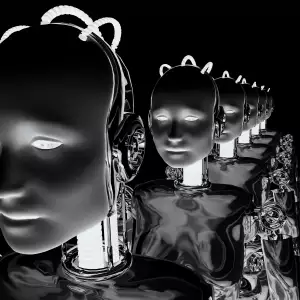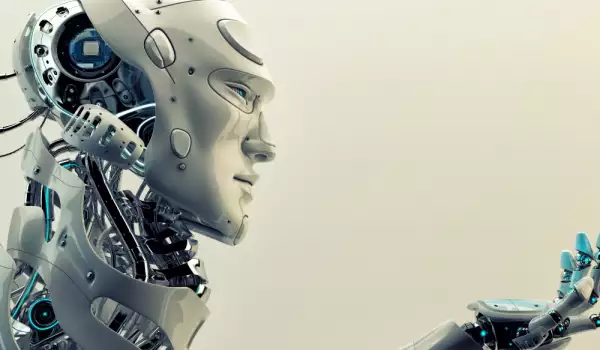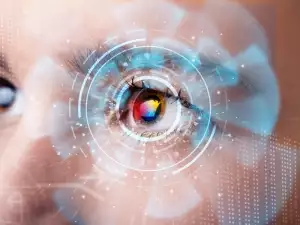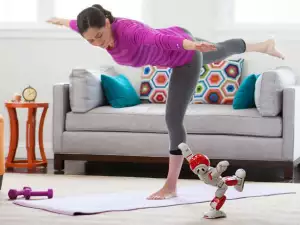At the beginning of the year, the movie Ex Machina, where a computer programmer falls in love with a droid, won the hearts of critics as well as audiences. A new study reveals that the romance played out on the big screen may not be so much science fiction as a future reality.
The study has clearly proven that humans can feel empathy toward robots, even when they know that the machines are not capable of feeling. This information comes as an addition to scientists' earlier warnings that humans can develop unhealthy relationships with robots and even fall in love with them, writes the Daily Mail.
The conclusion comes after an experiment was carried out among more than 200 volunteers. Each was shown pictures of a human and mechanical robot hand in various painful situations - for example, a situation where the extremity is injured while cutting paper with scissors.
After studying the electronic signals of the brain waves of the volunteers, scientists found that people experienced immediate empathy both toward the humans and toward the robots.
The study was a joint project by the Toyohashi University of Technology and Kyoto National University, Japan. It provides the 1st neurophysical proof of humans feeling empathy toward robots, even to the point where that empathy toward humanoid robots is similar to that shown toward other humans.
Scientists suggest that humans are not ready to give in completely to their infatuation with robots since the mechanized bodies and brains, if there are such in the near future, will be very different from human ones.

"I believe that if we get to the point where we can develop artificial intelligence in our society and humanoid robots become part of our daily lives, people will put up with it, " says Michiteru Kitazaki from the Toyohashi University of Technology.
It is in fact the possible empathy between the 2 species that will facilitate this process. Despite the results of the study, the eventual creation of androids is seeing ever more resistance among the more conservative portion of the scientific community. Experts are already concerned about the influence of robots on the very foundation of human society.
The biggest critic of the new study and robotics in general is Dr. Kathleen Richardson, professor of psychology at De Montfort University. "I find the fact that people can develop empathy toward robots beyond worrisome, " she told the Daily Mail.
One of the greatest dangers according to her is the creation of sexbots - robots designed for sex, which a large Japanese company plans to build, that may forever destroy human relationships. She finds these plans as unnecessary and undesirable.












